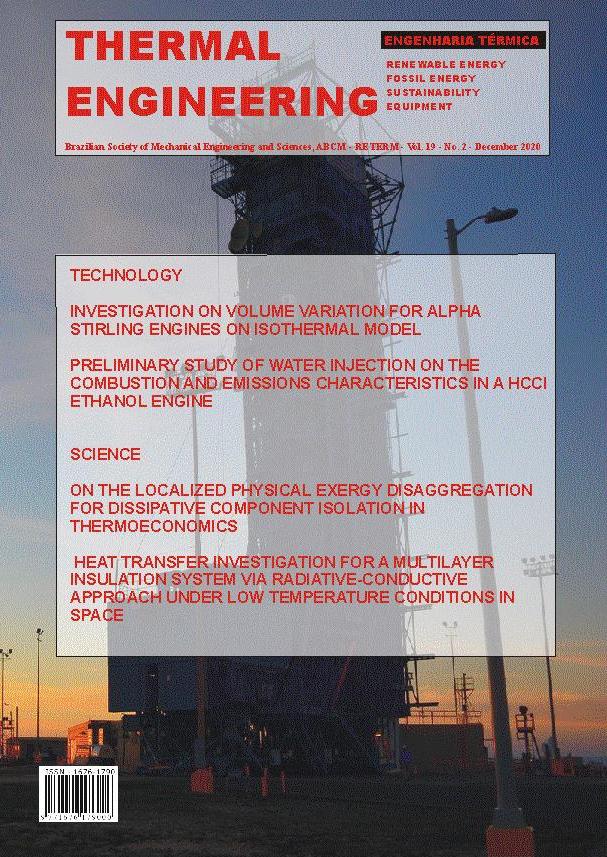THE EFFECT OF TEMPERATURE IN TETRADESMUS OBLIQUUS
DOI:
https://doi.org/10.5380/reterm.v19i2.78607Keywords:
microalgae, flocculation, microalgae harvesting, biofuel, biodiesel.Abstract
The ever growing demand of energy generation and distribution has been one of the concerns of governments and the focus of research institutions. Likewise, how to supply the energy demands necessary for the development of nations having the lowest environmental impact possible has also been studied. Biofuels have been pointed out as an alternative for that energy challenge, since their use reduce the carbon footprint of industries and vehicles. Biofuels can be obtained from microalgae with the advantage of not competing for space with corn, sugar cane or other crops for food industry. Even though attractive, the biofuel production from microalgae presents some challenges, as for example the separation process required to obtain microalgae biomass. The culture is very diluted and the dewatering must be efficient, low cost and cause no damage to the cell. With the intent to address this issue, the herein paper presents a study of an alternative way to increase flocculation efficiency according to the temperature of the culture with the potential to improve the filtration efficiency in a continuous process. An increasing in the flocculation temperature from 20°C to 60°C increased the flocculation efficiency from 97.79% to 98.64%, using ferric chloride as a flocculant agent.
Downloads
Published
How to Cite
Issue
Section
License
Direitos Autorais para artigos publicados nesta revista são do autor, com direitos de primeira publicação para a revista. Em virtude da aparecerem nesta revista de acesso público, os artigos são de uso gratuito, com atribuições próprias, em aplicações educacionais e não-comerciais.



